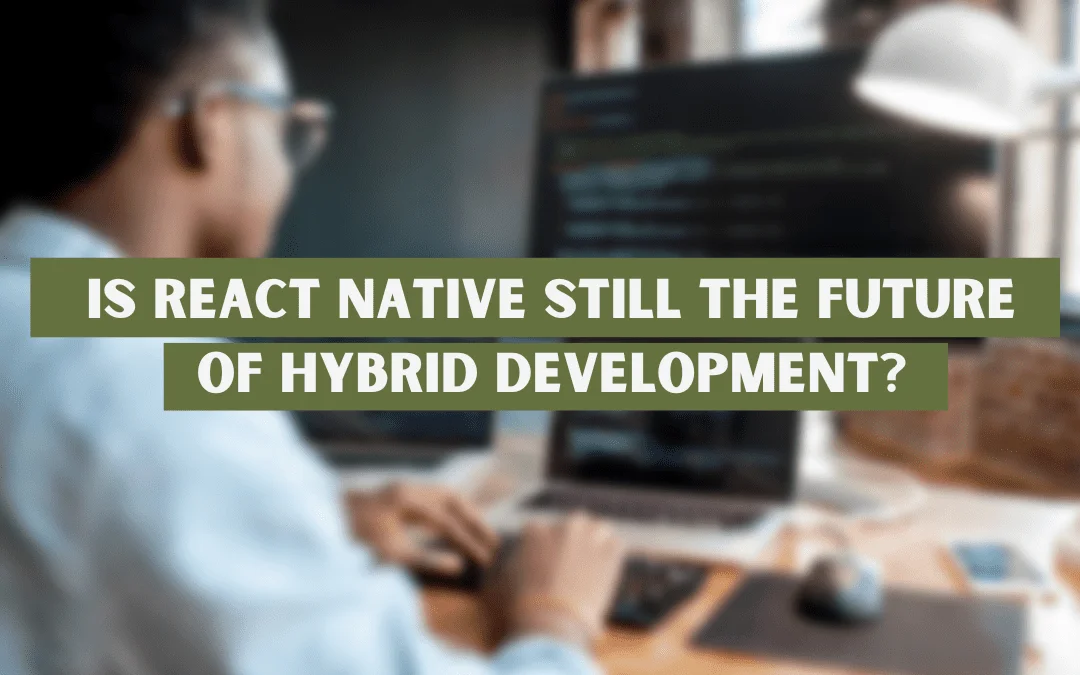WHAT IS A SMART CONTRACT – DETAILED GUIDE
The concept of smart contracts is nowhere related to legally binding contracts instead it is a decentralized application to execute business logic in response to the ongoing events. The effective execution of smart contracts results in money exchange, service delivery, and unlocking the digitally protected content.
Its wide set of data architecture helps develop, distribute, manage, and update programs that are further stored as part of the distributed ledger (blockchain). Moreover, it allows the integration of various payment mechanisms in the platform and facilitates healthy link building.
History and Creation of Smart Contract
Ideally, the first notion of smart contracts was proposed by Nick Szabo, the legal scholar, and cryptographer in 1994. Since during that time there were no digital platforms or blockchain technology, therefore, there existed very little activity and scope in smart contracts.
With the development of the first virtual currency Bitcoin on a blockchain network, the potential of the smart contract came into the limelight and served distributed ledger with its proficiency. As a result, the use of smart contracts extended to several digital platforms like Ethereum, Hyper ledger, Corda, Tezos, etc., and has gained huge popularity in recent times.
Smart Contract Development Life Cycle
The development of smart contracts over the decentralized ledger follows a structure based on which the procedural requirements are served.
• Detailed analysis of the smart contract, its use –cases, and industrial understanding.
• Drafting the prototype based on standard configuration and intercommunications.
• Developing the contract parts by using an integrated developing environment and ensuring precise documentation.
• Testing the smart contracts on the private blockchain or test-net with adherence to security protocols.
• Recording transactions and analyzing the results in consideration of the business logic and use cases.
• Considering unit and integration testing for streamlining the bug–free testing cycle.
• The third-party audit is the crucial phase of the smart contract process followed by testing.
• In most cases, bug bounty programs are put to use for securing smart contracts and ensuring their longevity.
How do Smart Contracts work?
The process of creating a smart contract begins with teams working with the developers and understanding the desired behavior of the smart contract. Smart contracts work on “if/when /then….” Statements that are programmed into the code. The developers use the smart –contract writing platform to develop the required logic.
Once the application is successfully written it is then handed off to another team for security review. After the approval of the application, it is then deployed to the existing blockchain or related distributed ledger infrastructure. Prior deployment transactions are executed and blockchain is updated after each transaction. Thus, it is an iterative process comprising business shareholders and developers.
Common Challenges with the Smart Contract Development
Though the smart contract is a highly efficient and effective development tool yet there are certain challenges with the concept faces owing to its diversified application. Oracle, streaming data sources is used for sending event updates on the smart contract but while executing it needs to be programmed accurately for tackling complex scenarios.
Alongside the speedy procedural execution often impact the alignment of the involved parties. As a result, often leads to magnification of damage which becomes uncontrollable. Hence, the scalability and manageability issues of the smart contract are yet to be addressed.





